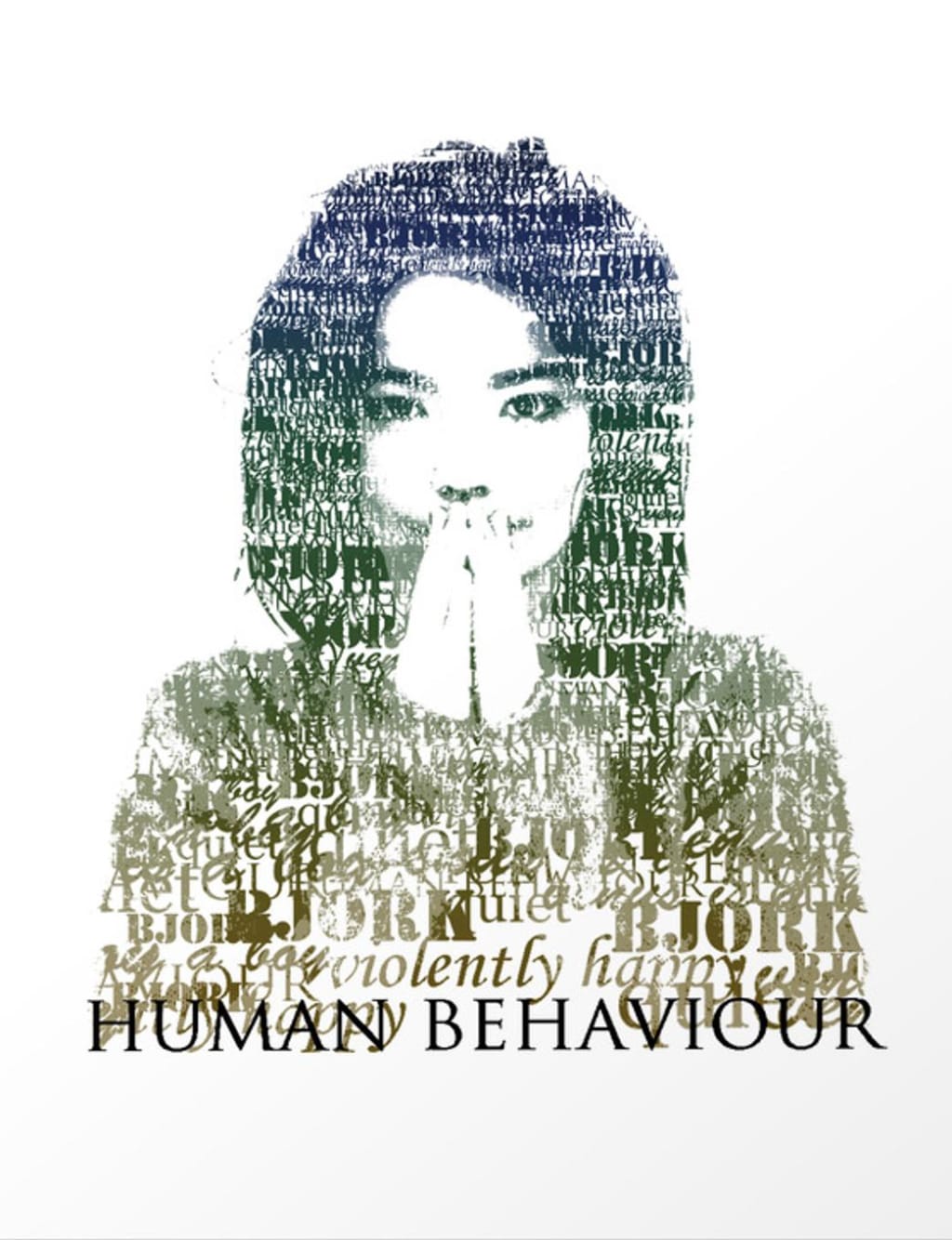8 Psychological Facts About Human Behaviour
Facts of your behaviour

Have you ever wondered why we think, feel, and behave in the ways that we do?
It’s a source of fascination for many of us. After all, the way our minds function has a lot to do with how we do things and how we are.
1.Memorable experiences from early adulthood tend to stick with us long-term. This is known as the "reminiscence bump" where people recall memories from adolescence and early adulthood more easily due to the emotional intensity of that period. These memories are linked to self-identity and shape our attitudes, beliefs and goals.
2.Looking at our own problems from a third-person perspective can help us find better solutions. Research shows people tend to think more rationally about others' problems than their own. Taking a self-distancing approach and considering our situation from an outsider's view can help us be more objective and effective at problem solving.
3.The Dunning-Kruger effect describes a cognitive bias where people overestimate their skills and knowledge due to poor metacognitive ability. This causes them to think they are smarter than they actually are. Their lack of self-awareness and lower intellectual ability leads them to overestimate their capabilities. As an example, people can make claims that seem incorrect to others while being completely unaware of their own ignorance.
4.Speaking in a foreign language reduces decision making biases by inhibiting one's native language and bound intuitions. One needs to think rationally to speak formally which helps make more rational decisions.
5.People's tendency to explain others' negative behaviors in terms of personality flaws, while justifying their own negative behaviors based on situational factors. The expert gives the example of someone being cut off in traffic - they interpret the other driver's action as due to them being a "jerk," while justifying their own similar behavior due to being in a hurry. The key takeaway is that people often attribute others' behaviors to personality, but attribute their own behaviors to circumstances, reflecting a cognitive bias.
6.The concept of the "third person effect" which refers to people's tendency to underestimate how media affects them personally while overestimating its impact on others,while people notice how advertisements and persuasive messages influence their peers, they fail to recognize - or are inclined to deny - how these same media messages also impact them. In summary, people are largely unaware of how mass media influences their mood, desires, and attitudes on a subconscious level.
7.Dopamin plays an important role in our desire for information and stimulation through social media use. Dopamine is released when we engage in enjoyable or rewarding activities, and this causes us to want to continue those activities. When we scroll through social media, our dopamine levels rise with each new piece of information we consume. However, dopamine levels quickly drop back to their baseline state, causing us to seek even more stimulation and information through continued scrolling. This cycle can lead to prolonged and potentially problematic social media use as we continually chase that dopamine "high" but are never truly satisfied. In summary, dopamine activation is what drives our addictive information seeking and constant scrolling, even though long-term it does not provide lasting satisfaction
8.Helping others through activities like volunteering one's time and resources can provide health benefits like helping to manage stress, generelly boosting happiness, and potentially extending one's lifespan. The benefits appear to stem in part from reduced loneliness and an enriched social life as a result of engaging in helpful activities towards others. While the research cited involved small sample sizes, the findings suggest interesting avenues for further research into human psychology to better understand how helping activities may impact happiness and health.
About the Creator
Renewed Soul
Some individuals may prefer solitude to embrace their perspectives or creativity.However, a good balance of perspectives and collaboration often breeds further innovation






Comments
There are no comments for this story
Be the first to respond and start the conversation.